I get a yearning for certain types of food. Be it Ferguson Plare pasties or KONO gelati, but at the moment, it is for pasta.
History of pasta
The history of pasta is a subject of debate among food historians, with various theories and claims surrounding its origins. Here’s a summary of the main points:
- Mediterranean trading: Food historians estimate that pasta probably took hold in Italy as a result of extensive Mediterranean trading in the Middle Ages. Since the 13th century, references to pasta dishes—macaroni, ravioli, gnocchi, and vermicelli—have increased frequency across the Italian peninsula.
- Marco Polo’s journey: A common misconception is that the explorer Marco Polo brought pasta to Italy from China in the 13th century. This idea was based on an extract in Marco Polo’s journals in which he describes a ‘pasta tree’—now t thought to be a Sago tree. However, noodles existed in China and Asia long before pasta appeared in the Mediterranean world.
- Etruscan origins: Some historians argue that pasta has its roots in ancient Etruscan culture. A set of reliefs on an Etruscan tomb dating from the fourth century BC depicts a knife, a board with a raised edge that resembles a modern pasta board, a flour sack, and a pin that they say was made of iron and used for shaping tubular pasta.
- Arab introduction: Some historians think that Arabs introduced pasta to Europe during the conquest of Sicily. In the West, it may have first been worked into long, thin forms in Sicily around the 12th century, as the Tabula Rogeriana of Muhammad al-Idrisi attested, reporting some traditions about the Sicilian kingdom.
- Northern Italy’s embrace: In fact, it is only in the last century or so that many regions of northern Italy – including Veneto, Lombardy, Liguria and the Piemonte – have embraced pasta as an essential part of their cuisine.
In conclusion, the history of pasta is complex and multifaceted, with various theories and claims surrounding its origins. However, it is clear that pasta has a long and storied history in Italy and beyond and has become an integral part of many cultures’ cuisines.
Melbourne, Australia, where I live, is an. Italian tradition based in Lygon Street, Carlton
To find the perfect pasta, here are 20 things Marc and Angel suggest
- Expecting life to be easy.
- Overlooking your true path and purpose.
- Chasing after those who don’t want to be caught.
- Do not ask for help when you know you need it.
- Let one dark cloud cover the entire sky.
- Holding onto things you need to let go of.
- Spending time with people who make you unhappy.
- Not making time for those who matter most.
- Denying personal responsibility,
- Letting everyone else make decisions for you.
- Giving up who YOU are.
- Quitting as soon as things get slightly difficult.
- Doing too much and pushing too hard without pausing.
- Constantly mulling over past hardships.
- Discrediting yourself for everything you aren’t.
- Running from current problems and fears.
- Denying your mistakes.
- Expecting your significant other to be perfect.
- Focusing on the negative.
- Never allowing things to be good enough.
Time for some quotes and tunes.
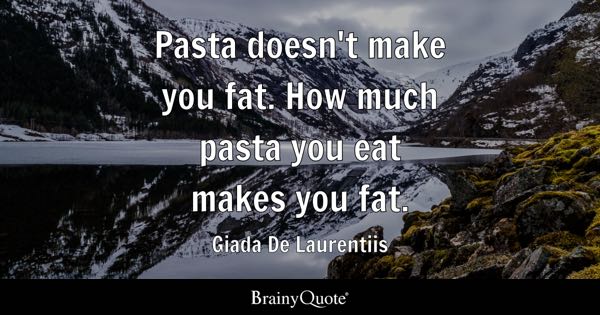
Put back that third serving.
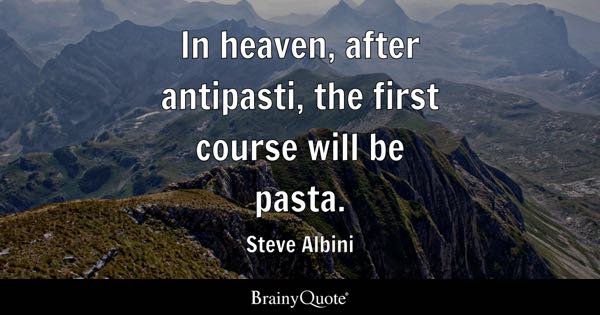
See, they even have it in heaven.

WTF< no secret spaghetti sauce recipe.deport them.
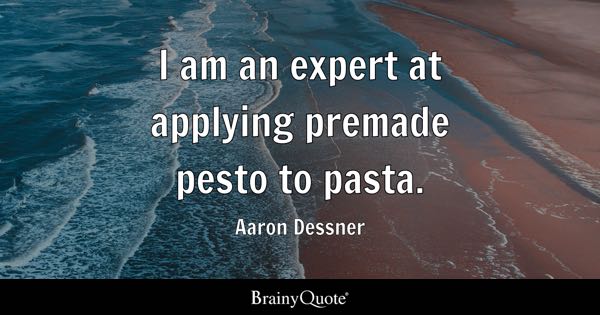
In our family, it is my sister Ruth.
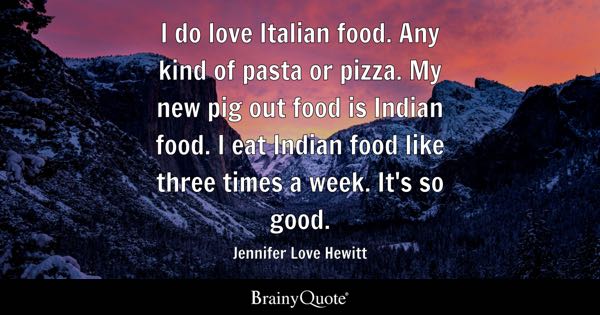
Jennifer has gone to the dark side.

For the vegans:.
bit.ly/3U8L03W Here’s Katey

We all love a home-cooked meal, especially one prepared by a well trained Nonna
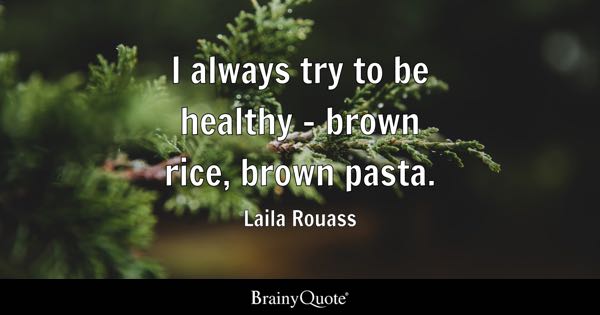
If you eat a lot of pasta: off to the gym.
bit.ly/4aJlIAF Some cool Janet Jackson to dance to in the kitchen.

Don’t taste the pasta tp often when preparing it.

In Melbourne, we have three online bullitens who keep us up to date on new places.

You can be a great pasta creator.

How often do you change your style of pasta, I’m stuck on spaghetti at the moment.
bitly.is/3xNspTx thunder only happens when its raining.

And here is some over-2,000-year-old advice.

The wisdom of Wayne Dyer lives on long after his human body left the building.
bit.ly/4d2osL3 Let’s finish with some Marley.
I have woken up, and am more in touch with what interculturalism provides and that it is up to us, because we can, Its our time.
Here’s the playlist:
bit.ly/44cR3sW
To the 43,000 people who have read my blogs, I am an interculturalist. If you wish to join me , here is the link to my interculturalism Facebook group: bit.ly/4494ZUS
